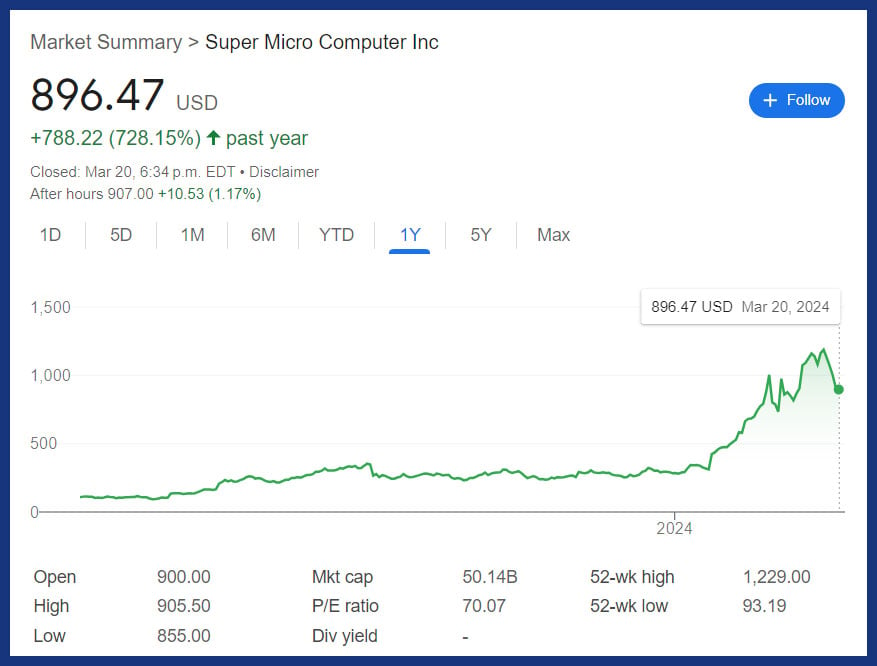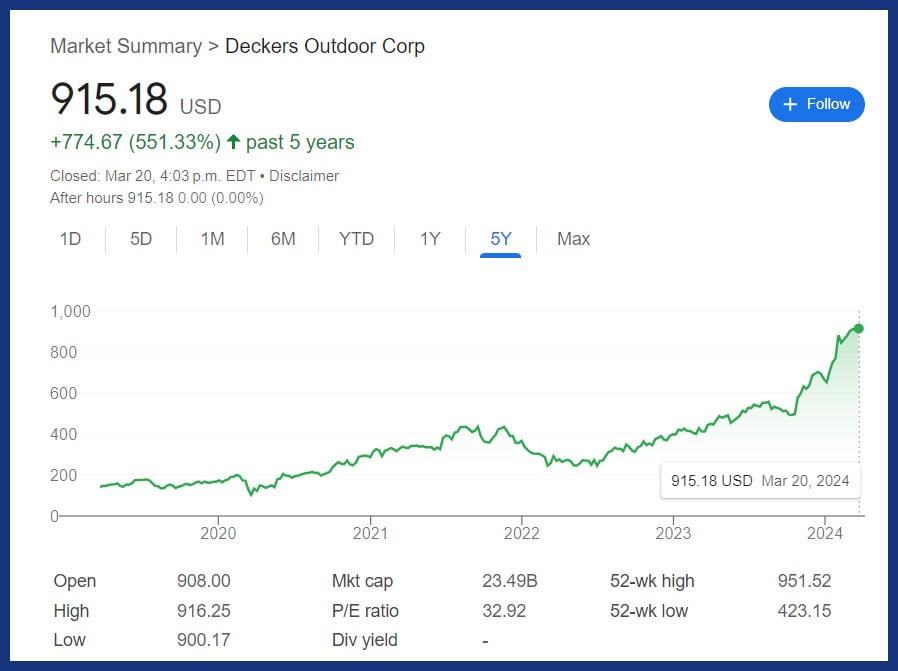Making sense of the markets this week: March 24, 2024
Inflation falls, Fedex jumps 13%, earnings soften for Power Corp and Couche-Tard, and S&P 500 gets two new members.
Advertisement
Inflation falls, Fedex jumps 13%, earnings soften for Power Corp and Couche-Tard, and S&P 500 gets two new members.

Kyle Prevost, creator of 4 Steps to a Worry-Free Retirement, Canada’s DIY retirement planning course, shares financial headlines and offers context for Canadian investors.
Canadians dreading their spring and summer mortgage renewals got some good news this week, as Canada’s annualized inflation rate dropped to 2.8%.
The Statistics Canada report stated that the slower growth of cell phone service fees, groceries, and internet bills were key reasons why the consumer price index (CPI) number came in significantly lower than the 3.1% economists had reported.
The main takeaways from Tuesday’s StatCan report are:
If we use interest-rate swaps to judge the likelihood of an interest rate cut, there is roughly an 80% chance (up from 50% before the CPI numbers came in), that the BoC will cut rates in June. (Interest rate swaps are basically a way for the free market to speculate or bet on what interest rates will be at a specific point in time.)
In a related note, as the chances of interest-rate cuts increase, the value of the Canadian Dollar falls. The CAD hit a 3-month low on Tuesday. Overall, that’s good news for mortgage holders, bad news for USD-paying snowbirds.
By comparison, Japan raised its interest rates for the first time in 17 years this week, ending the world’s last negative interest rate policy. The Eurozone also released its inflation data this week, and in a pattern quite similar to Canada’s, it also surprised to the downside, as inflation fell to 2.8% from 3.1%.
This week, both the U.S. Federal Reserve and the Bank of Canada reiterated plans for rate cuts later in the year. Here’s how mortgage rates are responding.
It wasn’t exactly a banner week for Canadian heavyweights Power Corp and Alimentation Couche-Tard.
While Power Corp reports in CAD, Couche-Tard reports in USD.
Shares of Couche-Tard were down 4.2% on Thursday after its earnings release. ATD president and CEO Brian Hannasch stated that the lower-than-expected earnings were primarily due to lowered customer traffic and decreased gross fuel margin in the US. He went on to talk about how the integration of the TotalEnergies acquisition is going smoothly and that the company is excited about adding four new countries and 2,175 stores to Couche-Tard’s network of convenience stores.
Power Corp shares didn’t suffer quite the same fate as Couch-Tard, as they were up 1.4% on Thursday, despite the significant earnings miss. It appears that a 7.1% dividend increase was enough to quell any fears that the company was underperforming its current valuation.
You can read more about Alimentation Couche-Tard in my article on the best Canadian defensive stocks at MillionDollarJourney.com.

Get up to 3.50% interest on your savings without any fees.

Lock in your deposit and earn a guaranteed interest rate of 3.65%.

Earn 4.25% for 4 months on eligible deposits up to $100k. Offer ends September 30, 2025.
MoneySense is an award-winning magazine, helping Canadians navigate money matters since 1999. Our editorial team of trained journalists works closely with leading personal finance experts in Canada. To help you find the best financial products, we compare the offerings from over 12 major institutions, including banks, credit unions and card issuers. Learn more about our advertising and trusted partners.
While both FedEx and Nike posted solid earnings numbers this week, it appears that FedEx shareholders are much happier with its long-term outlook.
Despite Nike’s solid quarter, shares were down about 5% in after-hours trading on Thursday after earnings were announced. They key negative catalyst appears to be downgraded future guidance, given decreased growth in China. Nike management tried to assuage any fears of decreased profit by explaining that a restructuring plan was being implemented and that it would cut about $2 billion in costs over three years.
Shares of FedEx jumped nearly 13% in after-hours trading after the company crushed its earnings expectations and predicted increased earnings throughout 2024. The increased profits were mostly due to efficiencies found in the company’s Express unit. Increased margins due to flying fewer, fuller planes and reducing flight hours led to increased margins. The company also announced a $5 billion share repurchase program.
The S&P 500 index is often referred to as being composed of the 500 largest companies in the USA. But that’s not technically true. There are often some companies just outside the cut-off that actually have larger market capitalization than the last few S&P 500 constituents. This is usually due to market movements and are usually addressed by the quarterly rebalancing.
Such is the case with Super Micro Computer Inc. (SMCI/Nasdaq), as its share price rocketed up on the back of its relationship to Nvidia’s AI ecosystem. It’s hard to deny its place among America’s stock market elite with a market cap of more than USD$50 billion, replacing also-ran Whirlpool (WHR), which clocks in with a market cap around USD$6 billion.

The other new entrant into the S&P 500 club is Deckers Outdoor Corp. (DECK/NYSE), a fashion company perhaps best known for its Ugg and Hoka shoe brands. It’s also had a great run over the last few years, while not as meteoric a rise as SMCI, it also deserves its spot thanks to a USD$23.49 billion market capitalization.

DECK will replace Zions Bancorp (ZION), which, like Whirlpool, is worth USD$6 billion.
If you’re wondering what happens to stocks like Zions and Whirlpool when dropped from the 500 club, know that these move down the list to become part of the S&P 400 MidCap Index as determined by Dow Jones Indices.
Because the news was announced earlier this month but takes effect this week, the stocks surged the first few days of March. Stock market watchers eagerly await index news, as they hope to pounce on a stock that will soon be included in portfolios that passively invest in the S&P 500. Consequently those will get purchased automatically by millions of people.
The companies that make up the S&P 500 do change from time to time. However, the fact that index investors get instant diversified exposure to the best companies in the world does not. Because the S&P 500 list is rebalanced quarterly, it mathematically guarantees investors will continue to hold only companies with long-term success. Time will tell whether a hot stock like SMCI will be able to increase its earnings enough to justify its market cap. If it doesn’t, it could soon join the likes of Whirlpool on the outside looking in again.
Finally, further to last week’s “Making sense” column about the coming Reddit IPO, on Wednesday it was announced that the largest social media IPO in recent years would be priced at USD$34. It began trading Thursday on the NYSE under the ticker symbol RDDT, with a market value of USD$6.4 billion. After a fast and furious trading day that saw RDDT shares up 70% at one point, it closed at just under USD$50 for a 48% gain.
Share this article Share on Facebook Share on Twitter Share on Linkedin Share on Reddit Share on Email